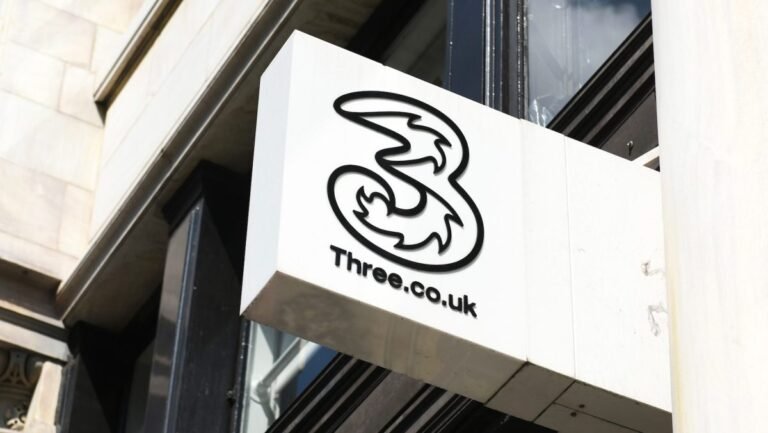
The U.K.’s Competition and Markets Authority (CMA) has confirmed that it’s launching a formal “phase 2” investigation into the planned merger between Vodafone and Three UK.
The CMA says that the deal could lead to higher prices for consumers, while also impact future infrastructure investments.
However, the CMA has given both parties a token five working days to address its concerns with “meaningful solutions” before it formally progresses the investigation.
Such a scenario is precisely why the U.K. introduced the National Security and Investment Act back in 2022, with previous form in blocking deals between U.K. entities and Chinese companies.
“This case has more moving parts than the CMA’s other recent big decisions, and is arguably more important for the U.K. economy,” Smith said.

India’s antitrust regulator has ordered an investigation into Alphabet’s Google, alleging the U.S. tech giant abused its dominant position in the country’s online market by imposing unfair terms and discriminatory practices in its popular app store.
The order came in response to complaint filed by multiple Indian app developers and industry groups, many of whom have also publicly raised concerns about what they allege is unfair practices by Google.
CCI’s allegations centre around Google’s billing system for in-app purchases and paid apps on its Play Store.
The watchdog’s decision is the latest headache for Google in India, its biggest market by users but one where it has long faced allegations of anti-competitive practices.
The U.S. giant has previously defended its Play Store policies, saying the service fee supports its investments in Android and Play Store, allowing it to provide developers with tools and a global platform to access billions of consumers around the world.
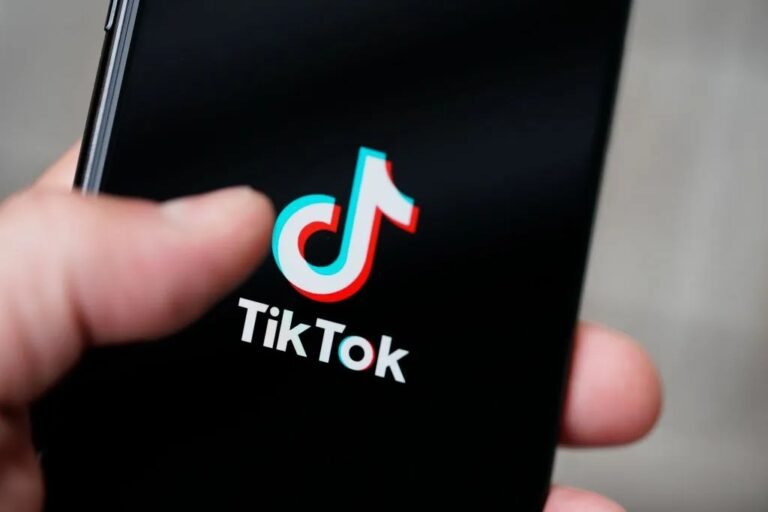
Italy’s competition and consumer authority, the AGCM, has fined TikTok €10 million (almost $11M) following a probe into algorithmic safety concerns.
Moreover, this content is systematically re-proposed to users as a result of their algorithmic profiling, stimulating an ever-increasing use of the social network,” the AGCM wrote.
The authority said its investigation confirmed TikTok’s responsibility in disseminating content “likely to threaten the psycho-physical safety of users, especially if minor and vulnerable”, such as videos related to the “French scar” challenge.
One notable change as a result of the DSA is TikTok offering users non-profiling based feeds.
TikTok also faces the possibility of increasing regulation by Member State level agencies applying the bloc’s Audiovisual Media Services Directive.
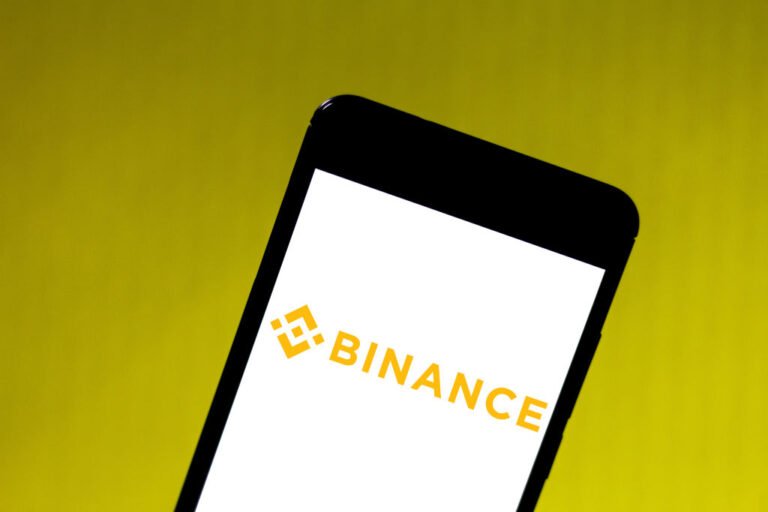
Binance will discontinue its naira (NGN) services in response to heightened regulatory scrutiny in Nigeria, it said in a blog post today.
The cryptocurrency exchange will begin delisting any existing NGN spot trading pairs by Thursday, March 7.
Any remaining NGN balances in users’ spot and funding wallets will be converted to USDT on Friday, March 8, it noted.
This development follows recent regulatory actions by the Nigerian government, which imposed restrictions on both local and foreign cryptocurrency exchanges, including Binance.
What followed was the reported detention of two Binance officials after they were invited to Nigeria to discuss the regulatory restrictions.
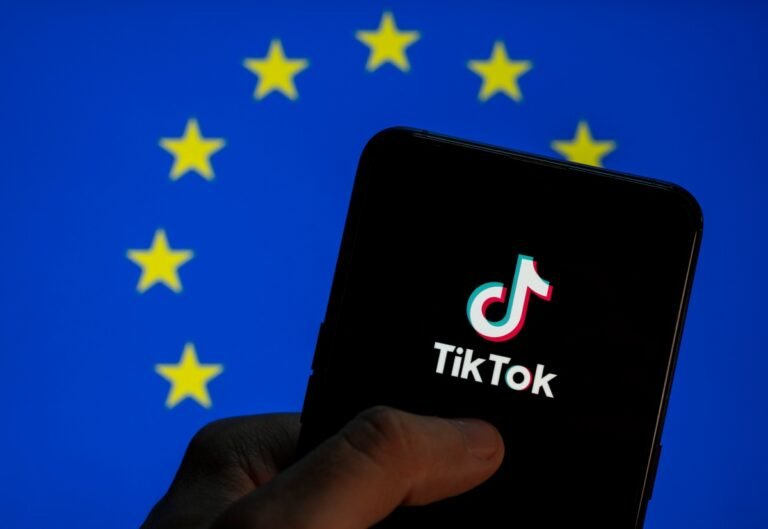
The European Union is formally investigating TikTok’s compliance with the bloc’s Digital Services Act (DSA), the Commission has announced.
Although the EU’s concerns over TikTok’s approach to content governance and safety predate the DSA coming into force on larger platforms.
Commenting in a statement, Margrethe Vestager, EVP for digital, said:The safety and well-being of online users in Europe is crucial.
The EU may also accept commitments offered by a platform under investigation if they are aimed at fixing the issues identified.
In TikTok’s case the platform informed the bloc last year that it had 135.9M monthly active users in the EU.

Three local councils in the United Kingdom continue to experience disruption to their online services, a week after confirming a cyberattack had knocked some systems offline.
Robert Davis, a spokesperson for Canterbury City Council, told TechCrunch last week that the council’s initial investigation suggests that no customer data was accessed.
However, the U.K.’s Information Commissioner’s Office told TechCrunch on Friday that the data regulator has received a breach report from the three councils.
Thanet District Council spokesperson Clare Winter shared an updated statement with TechCrunch, which has also been published on the council’s website.
“Thanet District Council is currently limiting access to a number of its online systems,” the statement reads.

The U.K.’s Competition and Markets Authority (CMA) is launching a formal probe into the proposed merger between Vodafone and Three UK.
That is some 18 months form when they first revealed their plans back in June.
It’s not entirely clear how that might impact this latest merger attempt, but Smith reckons that deal is as good as dead, regardless of what any court might subsequently find.
“The previous Three/O2 merger is still technically going through the EU courts, but that deal is long since dead in reality,” Smith said.
“We strongly believe that the proposed merger of Vodafone and Three will significantly enhance competition by creating a combined business with more resources to invest in infrastructure to better compete with the two larger converged players,” Vodafone UK CEO Ahmed Essam said in a statement.
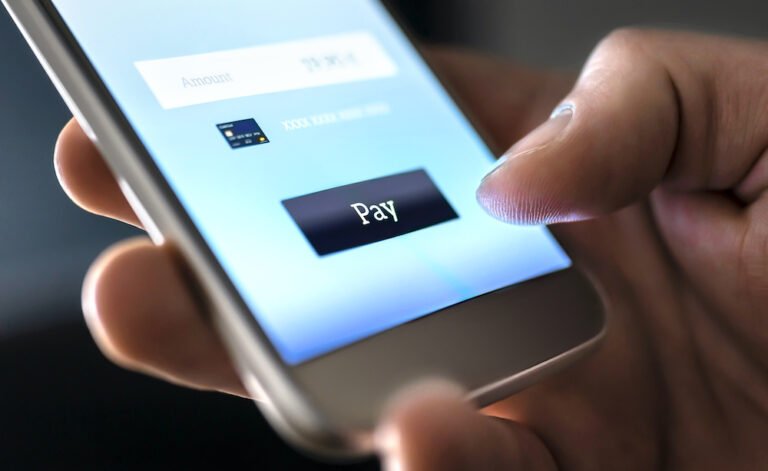
The EU suspects Apple of unfairly favoring its own mobile payment tech, Apple Pay, and squeezing out the ability of rivals to develop competing contactless payment offerings on its mobile platform.
It has also committed to applying “fair, objective, transparent, and non-discriminatory” eligibility criteria to grant NFC access to third parties — which will have to conclude an ADP license agreement to gain access.
The Apple Pay competition saga dates back several years at this point.
The Apple Pay case pre-dates ex ante competition legislation the bloc has since enacted and which Apple is subject to; having been designated, in September, as a so-called “gatekeeper” under the Digital Markets Act (DMA).
And although Apple’s payment tech, Apple Pay, has not been designated a “core platform service” the iOS App Store has.

Pornhub’s parent company Aylo Holdings will pay $1.8 million to the U.S. government to resolve a charge of profiting off of sex trafficking.
In the worst cases, this can mean that victims of sex trafficking are portrayed in these adult videos against their will, or even without their knowledge.
By 2019, a federal grand jury in the Southern District of California indicted GDP for sex trafficking, among other charges.
But it wasn’t until several months after GDP was found guilty of sex trafficking that the network’s videos were removed from Pornhub and other Aylo sites.
Among other safety measures, the act requires platforms to comply with certain child protection provisions.

Elon Musk’s X marks the spot of the first confirmed investigation opened by the European Union under its rebooted digital rulebook, the Digital Services Act (DSA).
Its earlier actions were focused on concerns about the spread of illegal content and disinformation related to the Israel-Hamas war.
So the Commission’s official scrutiny of X could have real world implications for how the platform operates sooner rather than later.
However the Commission obviously has doubts X has gone far enough on the transparency front to meet the DSA’s bar.
The investigation may also test Musk’s mettle for what could be an expensive head-on clash with EU regulators.













